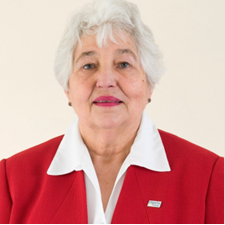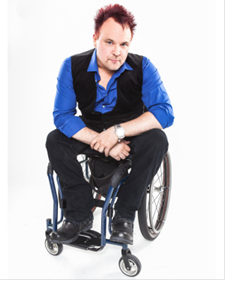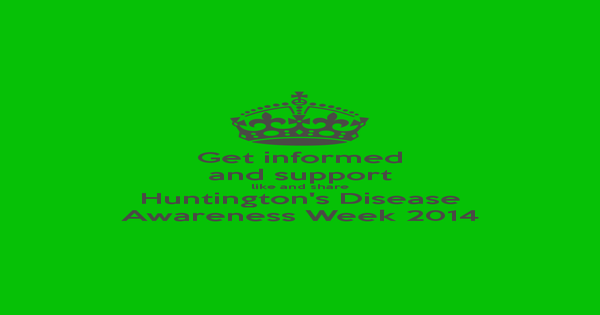Join our debate with Heather Pratten who herself has been charged with aiding and abetting a

Heather Pratten
suicide of her son Nigel who had Huntington’s disease, and Broadcaster and Journalist Mik Scarlett who is an expert in the field of access and inclusion for disabled people
Show date: Monday 13th May
Show time: 1pm
Next week (14th May,) Jane Nicklinson, the widow of ‘Right to Die’ campaigner, the late Tony Nicklinson will begin her quest to see the Court of Appeal overturn the High Court ruling against doctor-assisted death. She will be joined by Paul Lamb who is severely paralysed and is seeking a separate court declaration that any doctor who killed him would have a defence against a charge of murder.
In what is shaping up to be the start of a momentous week and long battle, Lord Charles Falconer QC will be tabling an Assisted Dying Bill in the House of Lords on Wednesday 15th May, seeking to legalise the choice of assisted dying for terminally ill adults with less than six months to live.
In England and Wales, it is an offence to encourage or assist a suicide.The law is almost identical in Northern Ireland and anti-euthanasia campaigners say the current law protects vulnerable people.
Joining us in this special Benenden Health assisted dying live webTV show are Heather Pratten, Official Patron of Dignity in Dying, who is in support of assisted dying and Mik Scarlet, Broadcaster and Journalist, who is against a change in the law. Mik has experience of members of the medical profession questioning his “quality of life”, even though he is happily married and has a successful career in the media, things which many non-disabled people dream of.
Heather herself has been put on bail for murder for being with her son Nigel (who had hereditary degenerative neurological disorder, Huntington’s disease) and putting a pillow over his face when he lost consciousness from the overdose. In the end she was charged with aiding and abetting a suicide and received a conditional discharge for one year.
So where do you stand in this controversial debate? Would you consider assisting a loved one to die, knowing it is illegal in the UK? Would you travel to another country where assisted dying is legal to help a loved one die as/when they choose? What circumstances should qualify for the right for any ‘assisted dying’ law to be utilised?
Join the live Benenden Health webTV show where we have two voices from different sides of the assisted dying debate, who will be discussing the whole issue in much more detail.
Heather Pratten, Official Patron of Dignity in Dying and Mik Scarlet, Broadcaster and Journalist
join us live online at http://www.studiotalk.tv/show/assisted-dying-should-it-be-legalised on Monday 13th May at 1pm
Click here to submit questions before the show http://www.studiotalk.tv/show/assisted-dying-should-it-be-legalised
Heather Pratten in her own words:
My son Nigel had the hereditary degenerative neurological disorder, Huntington’s Disease.
We’d both watched my husband die from the illness and knew the distress and agony it could cause. Nigel knew what was going on and that he did not want to be around to suffer anymore. On his 42nd birthday he told me the best present I could give him would be to end his life. He didn’t want to die alone. I tried to persuade him against it but I would not let him die alone and promised him I would not let him fail. Looking back I still believe that it was his right to choose.
Other people have tried to end their lives and failed and then been left in an even worse situation than they were previously in. I was put on bail for murder for being with Nigel and putting a pillow over his face when he lost consciousness from the overdose. In the end I was charged with aiding and abetting a suicide and received a conditional discharge for 1 year.
I wish that Nigel could have asked a doctor to help him to die legally and peacefully.
Mik Scarlet
Born with a rare cancer which led to Mik being disabled all of his life. At the age of 15 he was very ill

Mik Scarlet
and as a result began using a wheelchair. He went on to become on the best known disabled faces in the media, especially during the 1990s, and a campaigner on many issues effecting disabled people. He presented for several TV shows, including the Emmy award winning Channel 4 kids TV series Beat That, the BBC2 magazine show From The Edge and was a regular on BBC News 24 and BBC LDN. He is passionate about the assisted suicide debate for three key reasons.
The first is what it says about disability and illness. “I am really proud of being disabled, and the arguments around quality of life might lead the wider society to believe that becoming disabled is a reason to die, rather than just a challenge of a new way of living”. He himself has experience of members of the medical profession questioning his “quality of life”, even though he is happily married and has a successful career in the media, things which many non-disabled people dream of.
The second is what effect it will have on the future of research into illness and disability. Mik himself was cured of the childhood cancer he was diagnosed with at the age of 6 weeks thanks to a new untested drug. He feels that if we go down the road of terminating the lives of people who have serious or life threatening conditions, it may eventually lead to lessening of the efforts put into research. “Why try to cure a disease if everyone feels the poor thing is suffering too much?” explained Mik.
The third revolves around the issue of allowing the medical profession to have the ability to end a patient’s life. “This is the key issue for me. In the past the medical profession could do no harm, and so a patient knew that every effort would be taken to ensure a successful outcome. By allowing doctors to end life, this security will no longer be there”. He feels that is may be the first step on a slippery slope where doctors see termination of a patient’s life as a normal medical procedure. “I’ve had several occasions where doctors have questioned my quality of life, without asking my feelings. The fact that they all saw me as a list of conditions and ailments meant they did not see the whole person. I have a wonderful life and I just wish that the same amount of effort was being put into ensuring that every disabled or sick person had the same experience”
“This is a turning point in the way our society sees illness and disability. If we do go down the road of assisted suicide we may end up living in a society where people like myself are no longer seen as viable. Why spend all that money and effort on saving someone who may face a life of illness or disability, when it is a better, cheaper and more noble to end their life? To be honest, the whole idea saddens and terrifies me… and every other disabled person I know”


